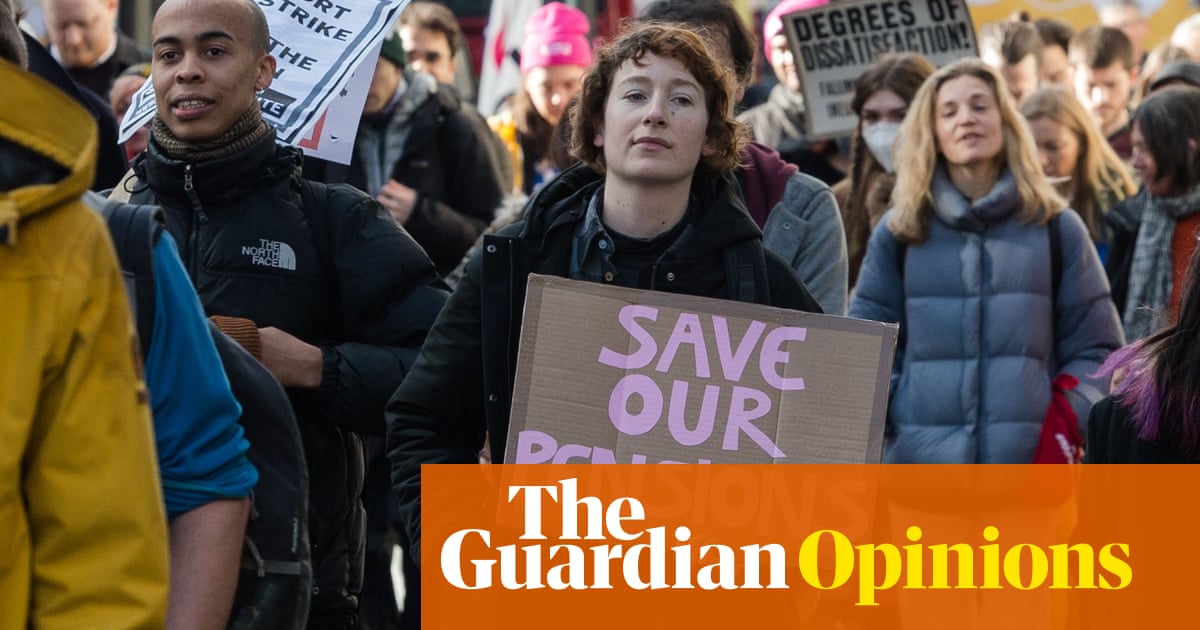It was recently announced that the prime minister, Rishi Sunak, is due to appoint the UK’s first “free speech tsar” in order to combat the apparent epidemic of cancel culture in England’s universities. At a time when the newspapers are filled with stories of strikes and shortages, and of the most vulnerable people in society having to endure extreme hardship, talk of the “death of free speech” must be like music to the ears of those in power.
For the best part of a decade now, column inches have been filled by claims that freedom of thought and speech is being strangled by “snowflake” students and overzealous academics. Routine annual changes in course materials to freshen up the syllabus are turned into moral panics about white authors being cancelled. Mundane invitation decisions by student societies are treated as if they form the lifeblood of British democracy.
In a recent report into “radical progressive policies” by the thinktank Civitas, everything from the now standard practice of using trigger warnings (an innocuous reminder to students that the information they are about to consume might upset those carrying unprocessed trauma) to engagement with the concept of decolonisation (which springs from the crazy idea that more than 400 years of European imperialism might just have had some impact on the world) are taken as indication of how bad the disease of wokeism has become.


